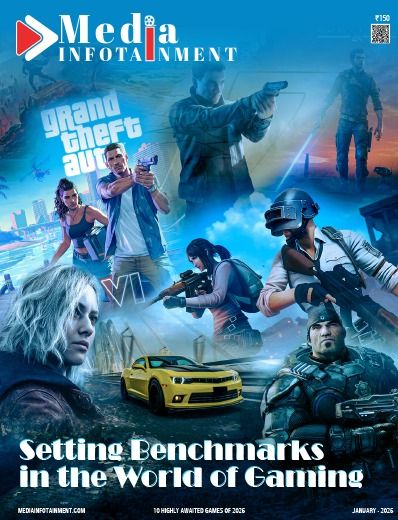Google and Meta Urge Delay of Australia's Social Media Ban for Children
Google and Meta Platforms urged the Australian government to postpone a bill that would ban most social media for children under 16, stating that more time was needed to evaluate its potential impact. Prime Minister Anthony Albanese’s center-left government aims to pass the bill, which is among the strictest regulations on children's social media use globally, by the end of the parliamentary year on Thursday. The bill, introduced last week, allowed only one day for public submissions. In their submissions, Google and Meta recommended that the government wait for the results of an age-verification trial before proceeding.
“In the absence of such results, neither industry nor Australians will understand the nature or scale of age assurance required by the bill, nor the impact of such measures on Australians,” Meta said.
“In its present form, the bill is inconsistent and ineffective.”
The law would require social media platforms, rather than parents or children, to take reasonable measures to implement age-verification protections. Companies could face fines of up to A$49.5 million (Rs 417.12 crores around) for systemic violations.
While the opposition Liberal Party is likely to back the bill, some independent lawmakers have criticized the government for rushing the process, which has taken only about a week.
TikTok, owned by ByteDance, stated that the bill lacked clarity and expressed "significant concerns" about the government's plan to pass it without thorough consultation with experts, social media platforms, mental health organizations, and young people.
“Where novel policy is put forward, it’s important that legislation is drafted in a thorough and considered way, to ensure it is able to achieve its stated intention. This has not been the case with respect to this Bill,” TikTok said..
Elon Musk's X expressed concerns that the bill could adversely affect the human rights of children and young people, including their rights to freedom of expression and access to information.
The U.S. billionaire, who positions himself as a defender of free speech, criticized the Australian government last week, claiming the bill appeared to be a covert attempt to control internet access.
🍪 Do you like Cookies?
We use cookies to ensure you get the best experience on our website. Read more...





.jpg)
